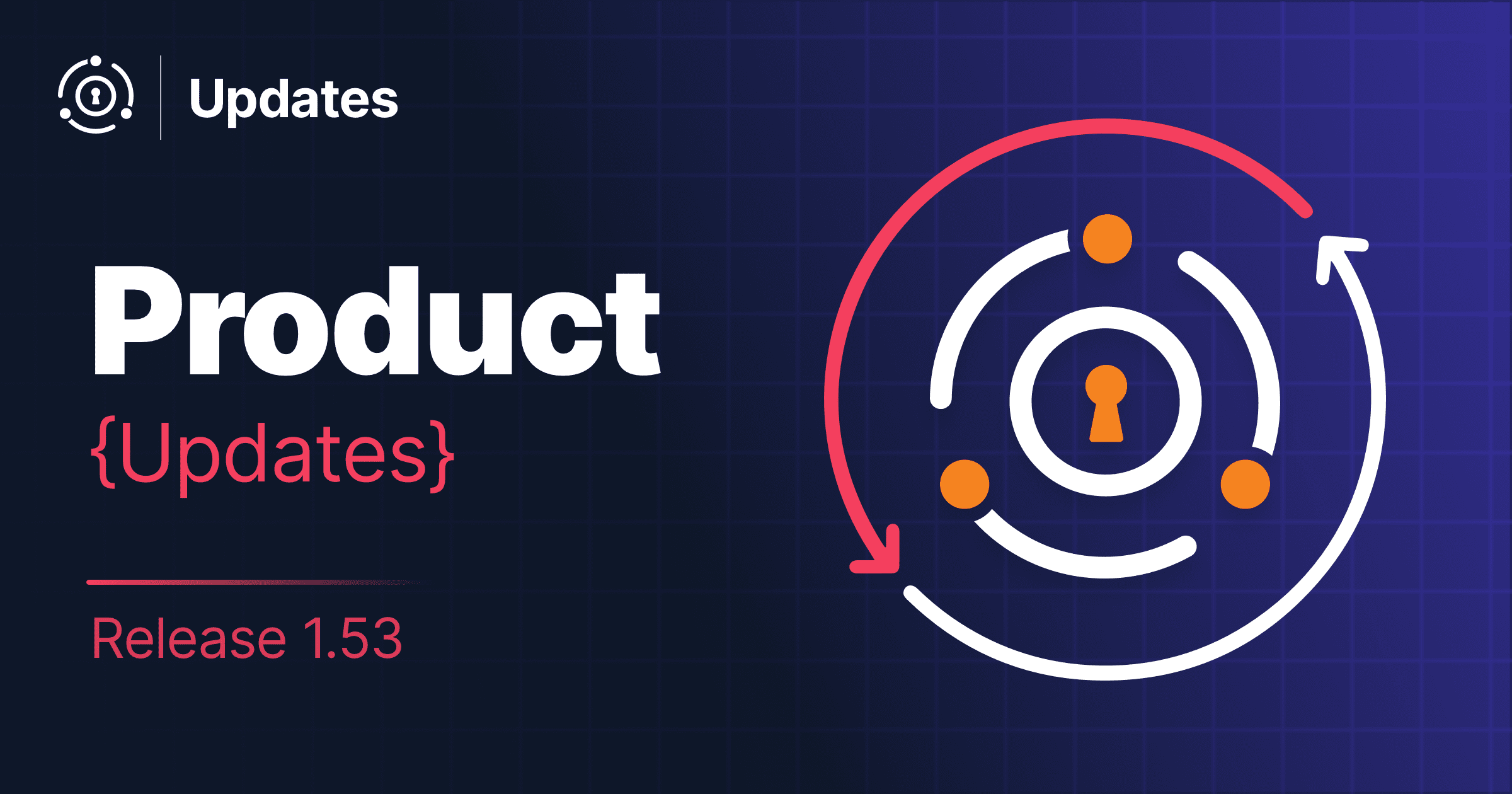
Announcing FusionAuth Version 1.53.0 - Webhook Logs and New Lambdas
We recently released version 1.53.0 of FusionAuth. As we continue our work toward simplification and a better user experience, we've added some hotly-requested...
September 10, 2024
Tags

We recently released version 1.53.0 of FusionAuth. As we continue our work toward simplification and a better user experience, we've added some hotly-requested...
September 10, 2024
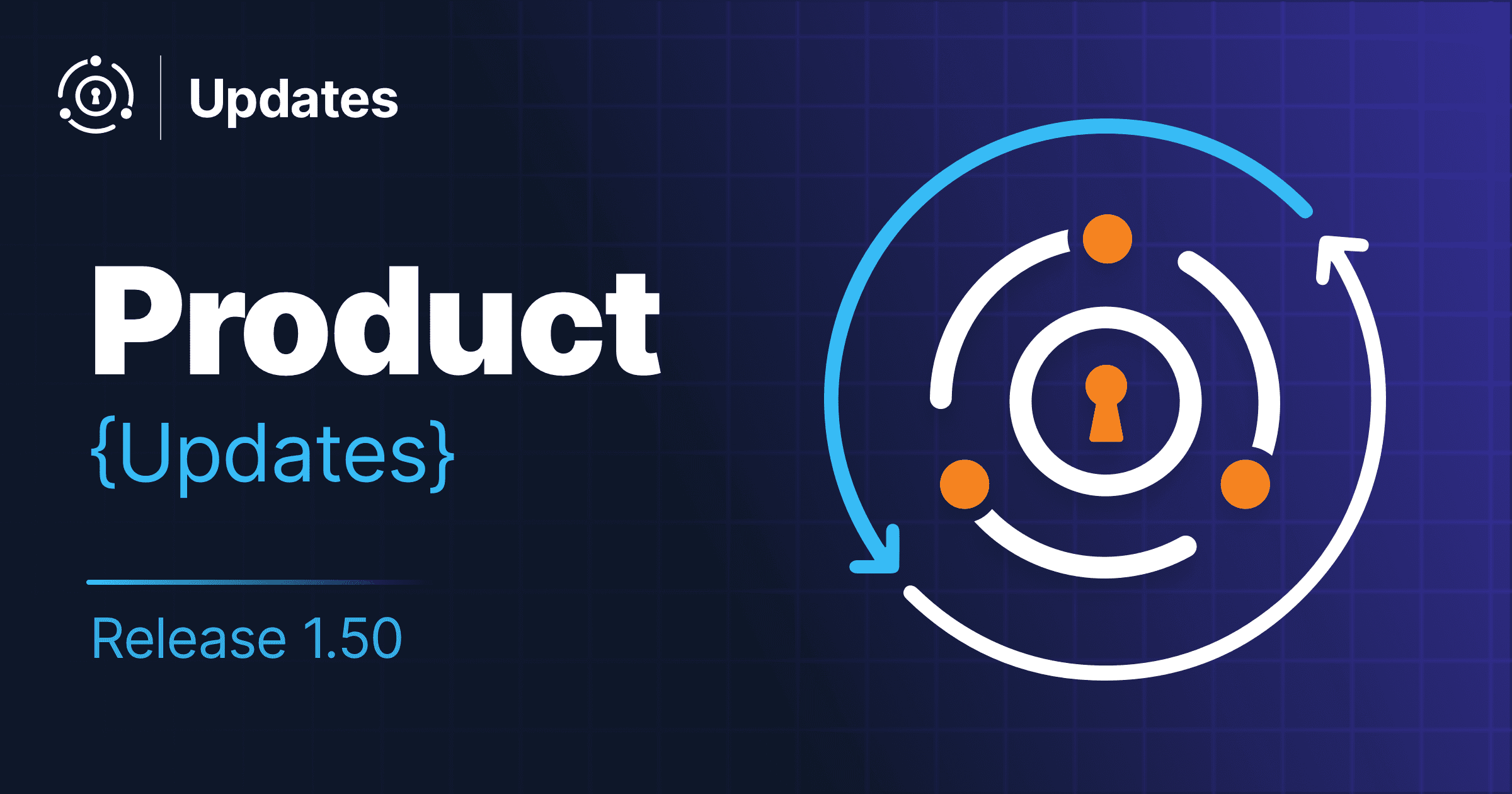
FusionAuth versions 1.50.0 and 1.50.1 shipped in late April, 2024. These versions include OAuth scopes support, a UserInfo lambda, an easier setup screen, and...
April 25, 2024
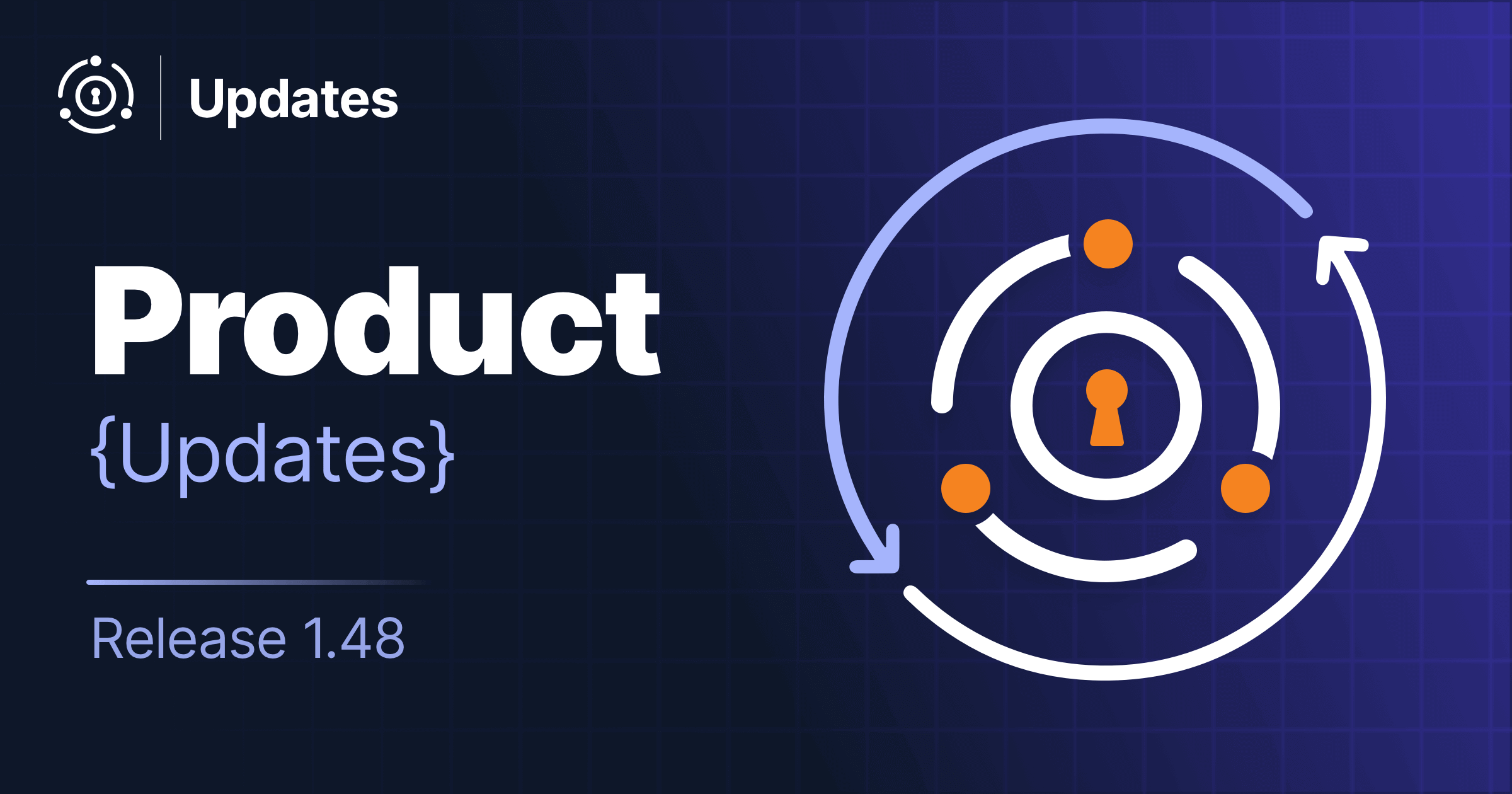
FusionAuth version 1.48 shipped in late October, 2023. This version includes webhook improvements, the ability to retrieve more than 10,000 users, and exposes...
November 20, 2023
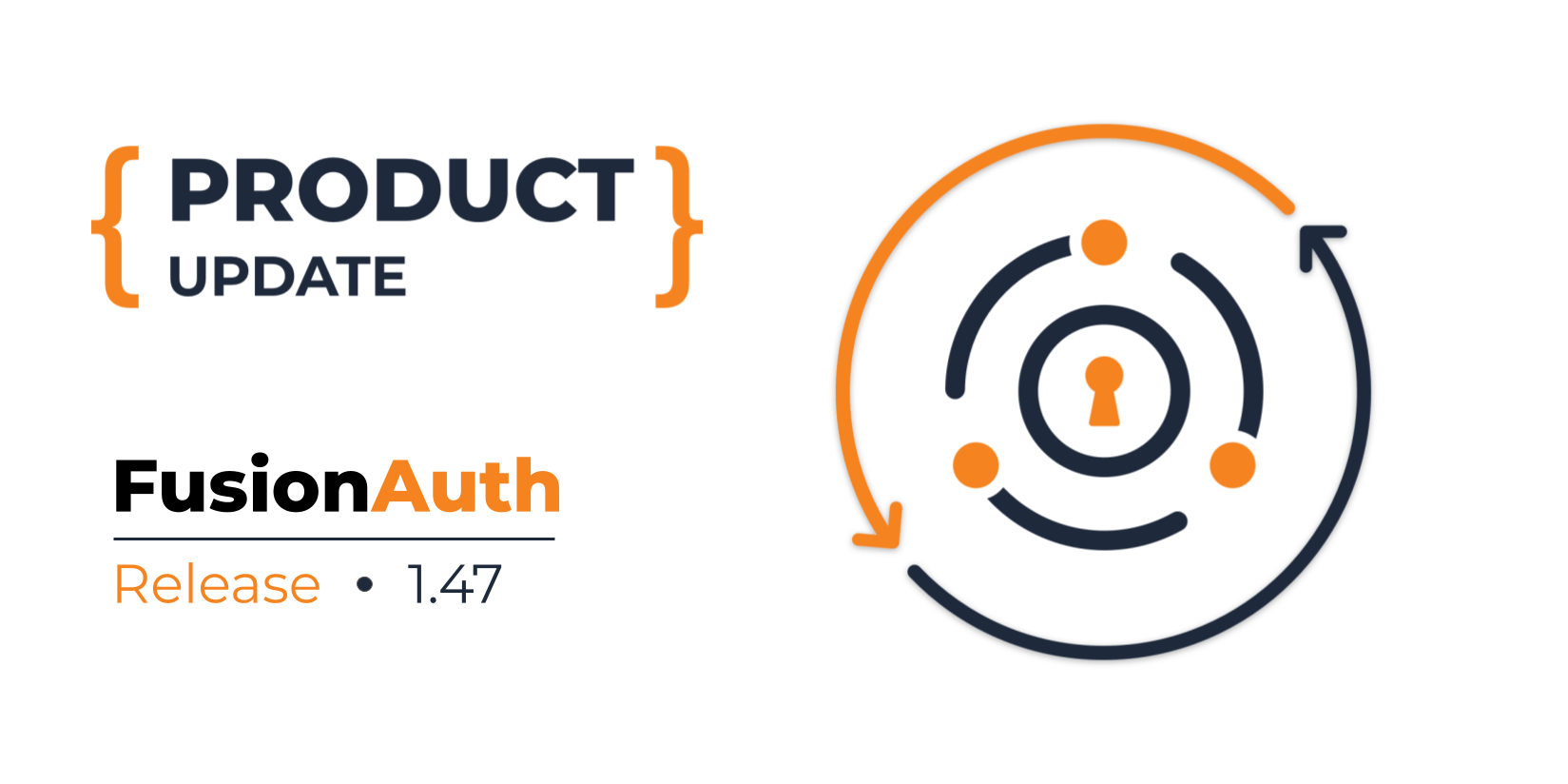
FusionAuth version 1.47 shipped in late July, 2023. This version includes performance improvements, the ability to collect preferred languages on basic...
August 14, 2023
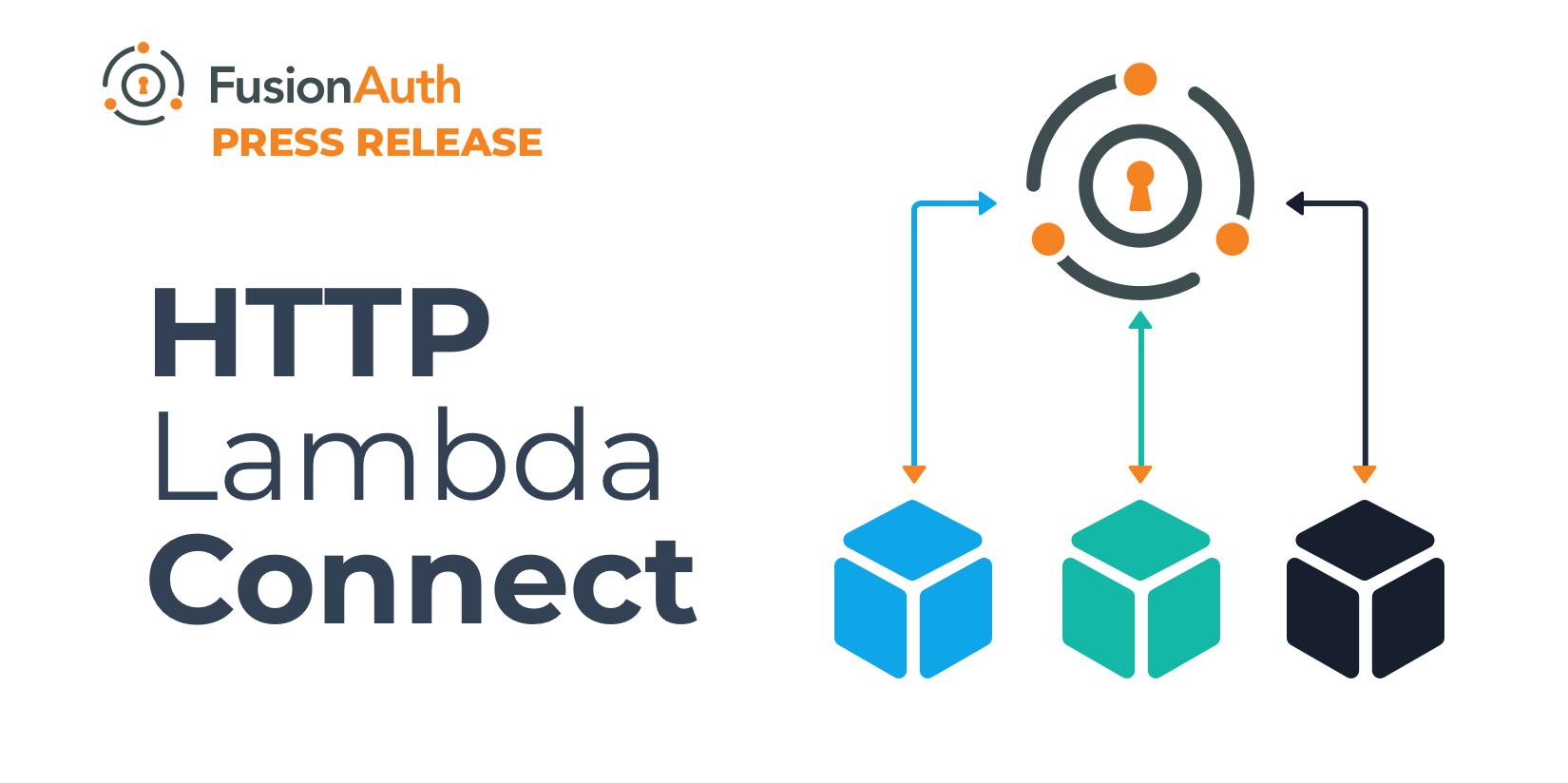
FusionAuth, the authentication and authorization platform built for developers, today announced a new capability enabling software developers to build complex...
May 5, 2022
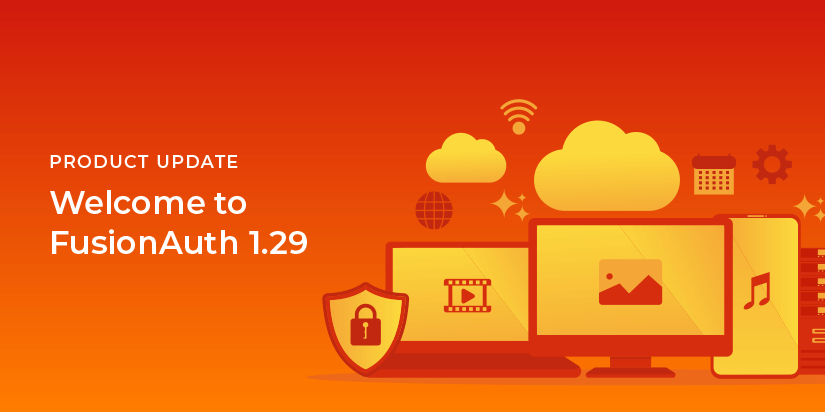
We're excited to announce the release of version 1.29 of FusionAuth. This shipped on July 10, 2021. This version resolves issues for FusionAuth community...
July 23, 2021
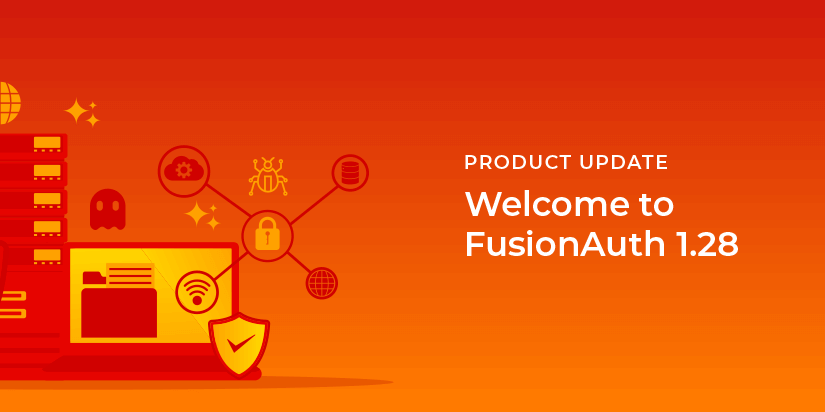
We're excited to announce the release of version 1.28 of FusionAuth. This shipped on June 7, 2021, with follow on point releases planned shortly. This version...
June 9, 2021
Showing 1 to 7 of 8 results
Get updates on techniques, technical guides, and the latest product innovations coming from FusionAuth.
Just dev stuff. No junk.